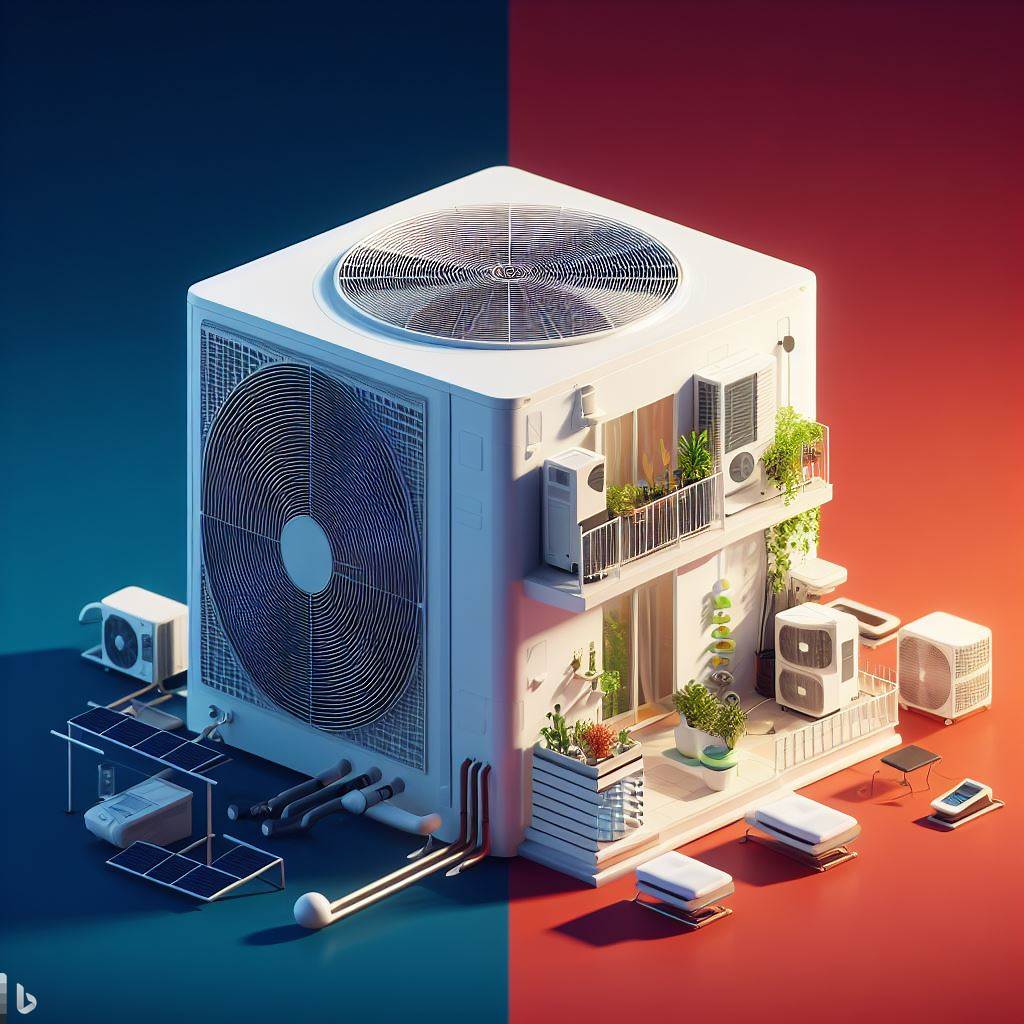To combat environmental issues like wildfires and dramatic droughts, the state of California is creating new initiatives and policies to

In the ever-evolving landscape of HVAC design and MEP engineering, innovation is the name of the game. As we look to the future, one technology that continues to make waves in the industry is the Packaged Terminal Air Conditioner (PTAC) unit. These versatile systems have been evolving rapidly, with advancements in smart controls, variable refrigerant flow, heat recovery, and noise reduction. In this blog post, we’ll explore the exciting developments that are shaping the future of PTAC units and their role in HVAC design and MEP engineering.
The Power of Connectivity
One of the most significant trends in PTAC technology is the integration of smart controls. These units are now equipped with advanced sensors and Wi-Fi connectivity, allowing users to remotely monitor and control their HVAC systems. This level of automation and customization not only enhances user comfort but also contributes to energy efficiency. Users can adjust settings based on occupancy, schedule, or even outdoor weather conditions, leading to significant energy savings.
Energy Efficiency and Environmental Sustainability
As energy efficiency regulations become more stringent, the HVAC industry is under increasing pressure to reduce its environmental impact. Smart PTAC units are designed with these considerations in mind. They are programmed to operate at peak efficiency and can adapt to the specific needs of a space. In addition, they often use eco-friendly refrigerants, making them more environmentally responsible.
Efficient Heat Transfer
Variable Refrigerant Flow (VRF) technology is another innovation that is becoming increasingly common in PTAC units. VRF technology allows for simultaneous heating and cooling in different areas of a building, which is especially beneficial in multi-zone applications. This approach results in improved energy efficiency and more precise climate control.
Heat Recovery Systems
PTAC units equipped with heat recovery systems can capture waste heat from cooling processes and redirect it for use in heating. This not only reduces energy consumption but also contributes to cost savings. These systems are particularly valuable in locations with extreme temperature variations.
Peace and Quiet
Noise reduction is a significant focus for PTAC unit manufacturers. Advanced acoustic engineering and sound-dampening technologies have led to quieter operation, ensuring that PTAC units don’t disrupt occupants. Reduced noise levels translate to enhanced comfort, making PTAC units more appealing in various settings, from hotels to healthcare facilities.
Regulatory Compliance
The HVAC industry is subject to an ever-changing landscape of regulations and standards. PTAC units are adapting to these changes by incorporating features that align with emerging standards for energy efficiency, refrigerant use, and sustainability. This adaptability ensures that PTAC units remain a viable and compliant choice in HVAC design.
Customer Expectations
The needs and expectations of customers are evolving. They demand comfort, efficiency, and sustainability. PTAC units are evolving to meet these expectations, providing solutions that prioritize user satisfaction while minimizing environmental impact. From smart controls to heat recovery, these features cater to modern customer demands.
At InnoDez Engineering, we understand the significance of staying at the forefront of HVAC design and MEP engineering trends. As PTAC units continue to evolve and shape the industry, we are committed to incorporating these innovative solutions into our projects. Our teams are well-equipped to provide customized designs that harness the power of PTAC technology to create efficient, sustainable, and comfortable spaces.
The future of PTAC units in HVAC design and MEP engineering is marked by innovation and adaptability. From the integration of smart controls to advancements in energy efficiency and noise reduction, PTAC units are set to remain a valuable asset in various industries. As these units continue to evolve, they will play an essential role in meeting the ever-changing needs of customers and complying with evolving regulatory standards. InnoDez Engineering is poised to embrace these innovations, ensuring that our clients benefit from the latest advancements in PTAC technology.
About Author
InnoDez